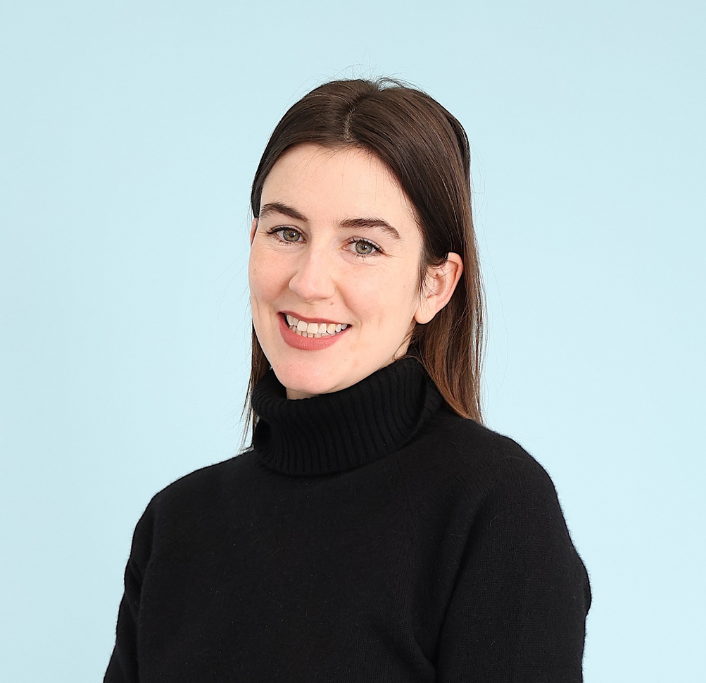The QAFP Exam Award of Merit is in recognition of the QAFP exam candidates who earned the three highest scores on any given sitting of the exam. Maggie Flynn, QAFP, has earned the award. The following blog post, written by Maggie, contains insights, strategies, and tips that may help you succeed if you decide to write the QAFP exam.
Maggie Flynn is a Financial Planning Associate at Team LWC, Canaccord Genuity. Following a career in non-profit management, she moved into financial planning, as she was impressed by the advocacy and education efforts she saw being carried out in the field.
The holistic nature of the field gives planners a unique perspective, allowing them to comment on a wide range of practices across the industry. I see financial planning as a foundational service that most people in Canada are currently missing. I wanted to contribute to the efforts to make high-quality planning accessible to more people.
The Ideal Career Path
Good financial planning requires a balance of emotional intelligence and technical knowledge, which is what makes it such an interesting challenge. I’m always looking for new ways to help clients understand their financial situations — and support them in the implementation and behavioural change phases.
When I started out in financial planning, I was transitioning from a different field altogether (non-profit management). I was looking for a stepping stone that would eventually help me ease into becoming a CFP professional. For this reason, QAFP certification was a great choice for me. It gave me a strong foundation of knowledge and made it possible for me to find a job I love.
Tips for Taking the QAFP Exam
Based on my experience, here are a few strategies to keep in mind as you prepare for the QAFP exam.
- Employ Strategic Note-taking — I used a note taking and flashcard app (RemNote) to organize my notes. This app (and others like it) use a spaced repetition algorithm to feed back your notes over time in a way that maximizes retention.
- Leverage Exam Resources — I used the FP Canada Body of Knowledge as the organizational structure for my study system. I also used FP Canada’s practice exams. They were definitely the best practice exam option, because they closely mirror the exam platform and question formats.
- Time Management is Key — Work backwards from the exam date to figure out how much time you must spend on each course and section of study. Also, make sure you have lots of time between finishing the courses and writing the exam. I felt like the real learning curve came after I finished the courses and began practicing with cases that synthesized all of my knowledge.
Getting a Foothold in the Profession
Joining the FPAC (the Financial Planning Association of Canada) was crucial to establishing my path in the industry. The organization offers a membership level for those who are in the process of earning QAFP or CFP® certification. It has an online members’ forum, which is full of highly experienced planners who are sharing all kinds of insights. They also offer great workshops and events!
As you begin to look for your first financial planning job, I suggest taking time to familiarize yourself with the range of service options in the industry. Ask yourself about your values as a professional, and your financial planning strengths. It also helps to stay informed of industry issues through a wide range of media, LinkedIn, and the FPAC members’ forum. I also recommend attending industry conferences.
Simply put, show up in the spaces where industry conversations are happening, ask questions, and introduce yourself to like-minded people. The rest will follow!
Looking to take your exam prep to the next level? FP Canada has a variety of tools and resources, such as practice exams, that let you experience what it’s like to take the exam. Visit the exam tools section of our website to learn more.


